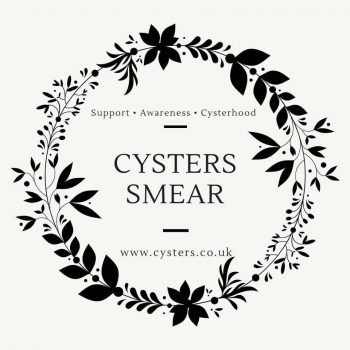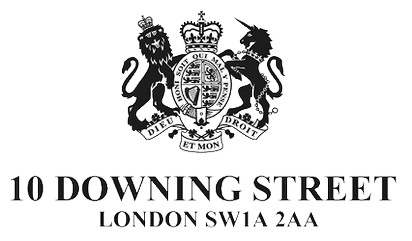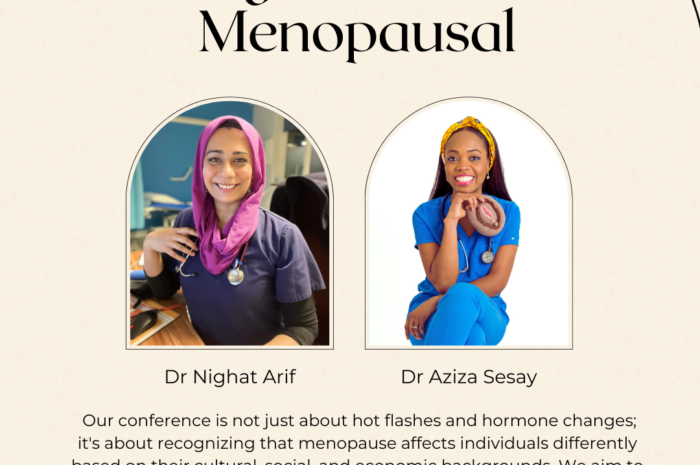Screening can prevent or spot cancer early, but language barriers prevent many ethnic minority groups from benefiting fully from screening.
We’ve translated cervical and bowel cancer screening videos into Sylheti (Bengali) & Urdu:
Would you like to share your thoughts and have the chance to WIN A £50 Amazon voucher? Complete the feedback form in ANY language and you will be entered into the prize draw:
English: https://forms.gle/webwDsMLXs1GFutj6 (videos in Sylheti Bengali and Urdu)
Sylheti Bengali: https://forms.gle/sYSLkQ2XDTtqWpr3A
Urdu: https://forms.gle/D5m8uHZ6tDZNJyQG8
Keep reading to find out more about the project and why we think it’s important…
Why is cancer screening important?
The NHS offers three cancer screening programmes: cervical, breast and bowel cancer screening to members of the public in the UK. Cancer screening looks for early signs of cancer in people without symptoms. It can help spot cancers at an early stage when treatment is more likely to be successful.
Cervical cancer can occur in anyone with a cervix (opening between the vagina and the womb (uterus)). Cervical cancer can often be prevented by attending cervical screening, which aims to find and treat changes to cells before they turn into cancer. Therefore all women and people with a cervix aged 25 to 64 are invited to attend screening (25 to 49: every 3 years, 50 to 64: every 5 years).
Bowel cancer is one of the most common cancers in the UK and is the second most common cause of cancer death. Bowel cancer screening looks for tiny amounts of blood (which may not be visible to the naked eye) in a small sample of poo. You can use a home test kit, called a faecal immunochemical test (FIT) to collect a small sample of poo and send it to a lab. You do not need to attend an appointment to take part, you can do it in your own time at home! Everyone aged 60 to 74 who lives in England is automatically sent a bowel cancer screening kit every 2 years (the programme includes 56 year olds). Speak to your GP if you haven’t received a kit and would like to take part!
Given that cancer screening can prevent or catch cancer early, we believe it is important to encourage everyone eligible to consider taking part in cancer screening!
Why did we choose this project?
An independent review of adult screening programmes in England (published in October 2019) found uptake of screening in many minority ethnic groups was significantly lower than the rest of the population. Reasons for low participation cited in the independent review included language barriers.
Screening programmes often involve procedures that people may find embarrassing such as undergoing a cervical smear test or providing a stool sample, making it difficult for patients with a language barrier to broach these subjects with their GP or discuss such topics in a language that they are not very confident in. While viewer-friendly videos explaining these programmes are available online, often such videos were only available in English. We wanted to translate such videos so that language minority groups could access this information and make informed choices about whether they would like to access cancer screening, in keeping with Cysters’ mission to promote informed choices about treatment options and reproductive health.
Videos on how to take part in bowel cancer screening and cervical screening originally produced by Cancer Research UK were translated into Sylheti (Bengali) and Urdu. These languages were identified as those which may be spoken by minority groups that may not speak English very well using the 2011 census data.
We hope that participants who engage with the project will learn if they are eligible for bowel cancer screening and/ or cervical screening. We also hope that viewing the videos will demystify the screening process and give viewers more confidence to participate in screening!
Project collaborators
The project is led by Dr. Vinaya Srirangam Nadhamuni, a final year Ph.D. student at Barts Cancer Institute (BCI). She won UKRI funding of £1000 for winning the People’s Choice prize at the Vitae 3MT® competition 2020, which was used for video translation. Additional funding support was also available from Professor Trevor Graham’s laboratory (the Evolution and Cancer laboratory) and the BCI, which was used to facilitate translation of feedback forms.
The videos were originally produced by Cancer Research UK.
Stripe Media were able to coordinate with professional translation agencies and add translated subtitles and voiceovers to the videos.
Translations in Urdu were reviewed by Prof. Amina Yaqin (previously based at SOAS University of London and currently Associate Professor in World Literatures and Publishing at University of Exeter). Translations in Sylheti Bengali were reviewed with input from the Sylheti project (SOAS University of London). Translations in Sylheti Bengali and Urdu were also reviewed by a network of members affiliated with the British Islamic Medical Association (BIMA) who are proficient in these languages. Advice regarding project set-up was also obtained from Prof. Stephen Duffy, Professor of Cancer Screening at Queen Mary’s Wolfson Institute of Population Health.
We have been working with the Public Engagement Team at Queen Mary to disseminate the videos to anyone in the local community around Queen Mary who may be proficient in Sylheti (Bengali) and/ or Urdu and benefit from these materials.
Please email v.srirangamnadhamuni@qmul.ac.uk for further details or if you would like to promote or be involved in this project!
References
- https://www.cancerresearchuk.org/about-cancer/cancer-symptoms/spot-cancer-early/screening/what-is-cancer-screening
- https://www.cancerresearchuk.org/health-professional/cancer-statistics/mortality
- https://www.nhs.uk/conditions/bowel-cancer-screening/
- https://www.nhs.uk/conditions/cervical-screening/
- https://www.england.nhs.uk/wp-content/uploads/2019/02/report-of-the-independent-review-of-adult-screening-programme-in-england.pdf
- https://www.ons.gov.uk/peoplepopulationandcommunity/culturalidentity/language/articles/languageinenglandandwales/2013-03-04



